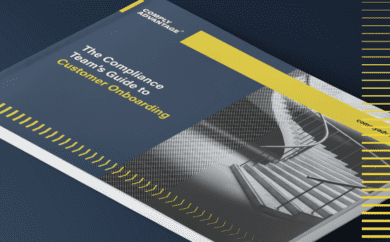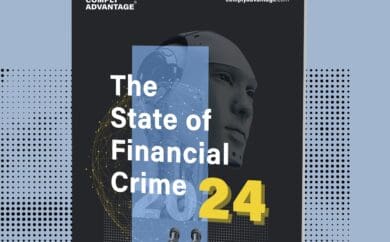 Featured
Featured
Support for Australian DNFBPs to help shoulder the burden of financial crime
AML Compliance DNFBP Knowledge & TrainingAustralian banks and fintechs are backing the closure of major loopholes in the country’s anti-money laundering legislation and have warned that gaps in the current framework impact the country’s international reputation.
The Australian Banking Association, the Reserve Bank of Australia, Bendigo and Adelaide Bank, and Fintech Australia, are among respondents to a Senate inquiry into the adequacy and efficacy of the country’s anti-money laundering and counter-terrorism financing (AML/CTF) regime.
The organizations have outlined support for ‘Tranche 2’ legislation that would have Designated Non-financial Business and Professions (DNFBPs) such as law firms, accountants, and real estate agents coming under similar laws to banks, emitters, and wagering companies in relation to AML/CTF. This has been repeatedly recommended by the FATF/Asia Pacific Group (APG) in their Mutual Evaluation Reports (MERs) on Australia.
DNFBPs are known as ‘gatekeepers’ for their role in facilitating individuals or companies entering the financial system, as they can play a vital role in preventing money laundering.
“The current arrangements of not covering DNFBPs arguably have placed an additional burden on those parts of the financial system that are already captured by the regime and are working with AUSTRAC and law enforcement to address financial crime,” said Bendigo and Adelaide Bank Chief Risk Officer Taso Corolis.
He added that expanding legislation to meet global benchmarks was “crucial for Australian business to maintain its reputation and access to the international financial market.”
The story so far
The FATF has made it a priority for DNFBPs to be regulated across jurisdictions. Back in 2005, the FATF’s Mutual Evaluation Report (MER) found Australia was non-compliant or only partially compliant with recommendations pertinent to DNFBPs. Ten years later, the 2015 MER found Australia was still largely non-compliant or only partially compliant with the same recommendations.
“A large concern is that no legislative or regulatory measures have been promulgated to mitigate the high risks identified with certain DNFBPs (accountants, lawyers, trust and company service providers and real estate agents),” the report said.
And in the FATF’s 3rd Enhanced Follow-up Report and Technical Compliance Re-Rating in 2018, Australia was assessed as remaining largely non-compliant with recommendations related to DNFBPs. As such, Australia remained in enhanced follow-up.
In 2016, AUSTRAC estimated that $1bn was laundered through real estate in Australia from China alone. In 2017, Transparency International called Australia “the world’s worst money laundering property market.”
Australia’s Anti-Money Laundering and Counter-Terrorism Financing Act 2006 only incorporated businesses dealing in financial services, gaming, and precious metals.
A revision of the Act (Tranche 2) that would include DNFBPs, mooted in 2007, was originally pushed back due to the global financial crisis, and further delayed by subsequent changes in government and priorities. Arguments against the imposition of Tranche 2 include concerns that smaller entities or sole traders would face an adverse compliance burden if they had to comply with the Act.
In June, reforms to strengthen Australia’s AML/CFT rules came into force. Dubbed Tranche 1.5, these reforms targeted customer due diligence, correspondent banking, information sharing, and cross-border payment reporting. Tranche 2 is still being considered by the government.
Fintech Australia warned in its submission to the Senate inquiry that Australia is seen as a “light touch” for criminals seeking to funnel money into the country. It stated that the cost of Tranche 2 would be far outweighed by the benefits of bolstering the AML/CFT framework.
The inquiry’s report is due at the end of the year.
It is crucial that compliance teams are keeping a close eye on developments in Australia and thinking about how the possible implementation of Tranche 2 legislation could mean a rethink about their client base, in order to reassess risks. Procedures and policies would need to be updated, along with staff training. It could also be a challenge for compliance teams in smaller firms.
Explore the latest global trends in financial crime, sanctions, and crypto from the year so far, by downloading our new mid-year financial crime review report.
Originally published 01 October 2021, updated 22 March 2024
Disclaimer: This is for general information only. The information presented does not constitute legal advice. ComplyAdvantage accepts no responsibility for any information contained herein and disclaims and excludes any liability in respect of the contents or for action taken based on this information.
Copyright © 2024 IVXS UK Limited (trading as ComplyAdvantage).



 EN
EN